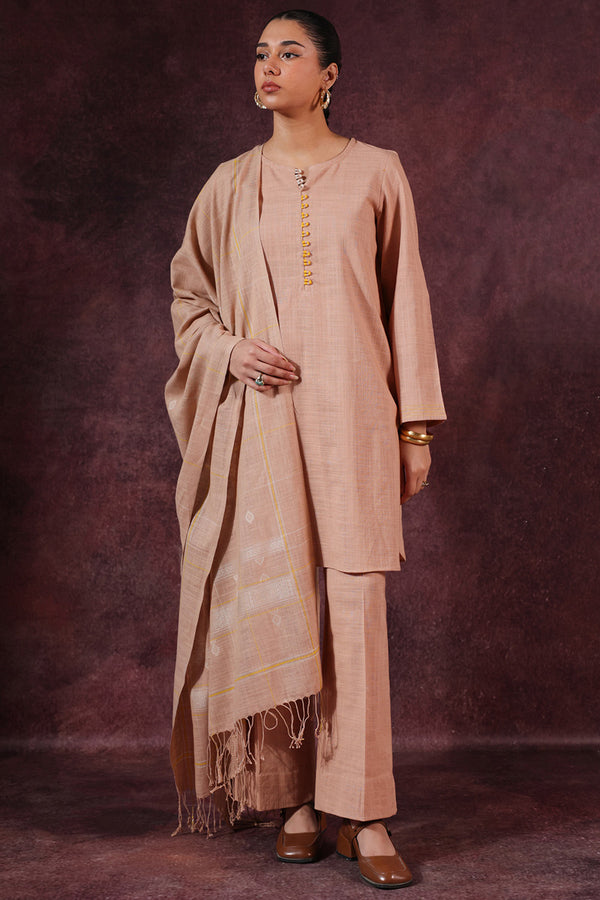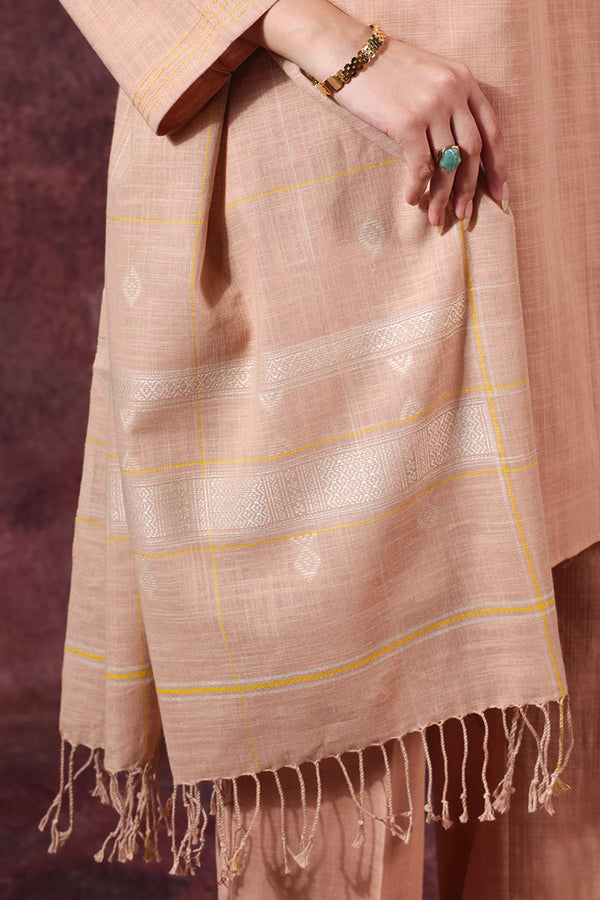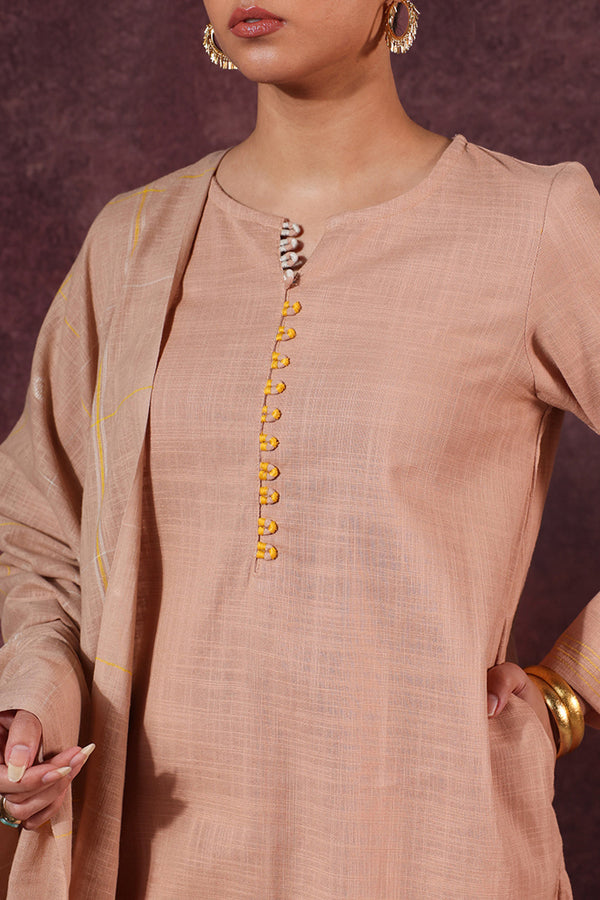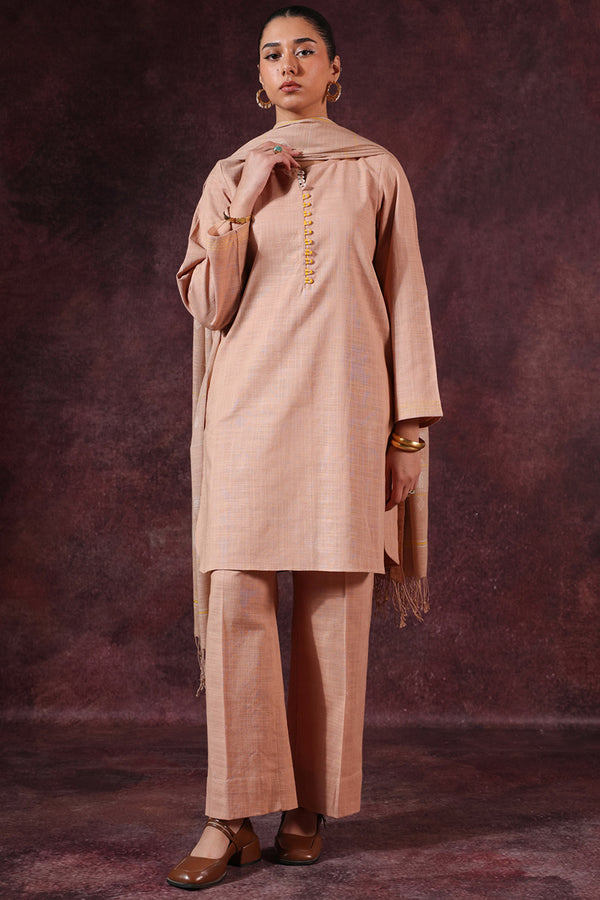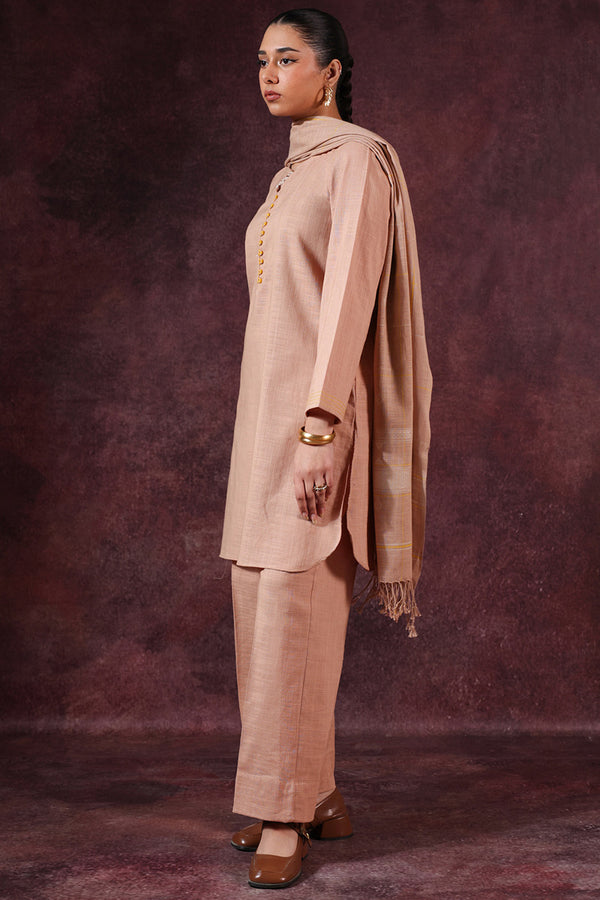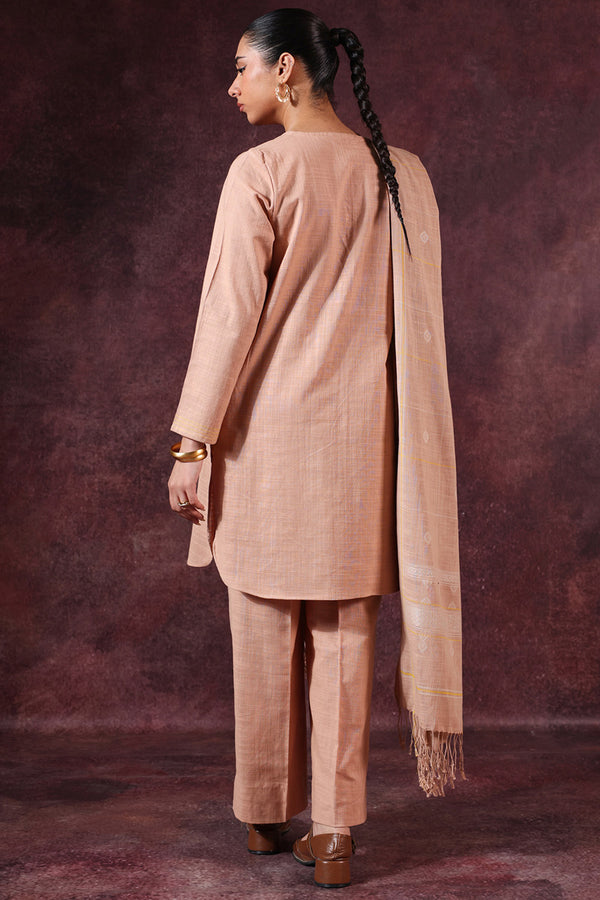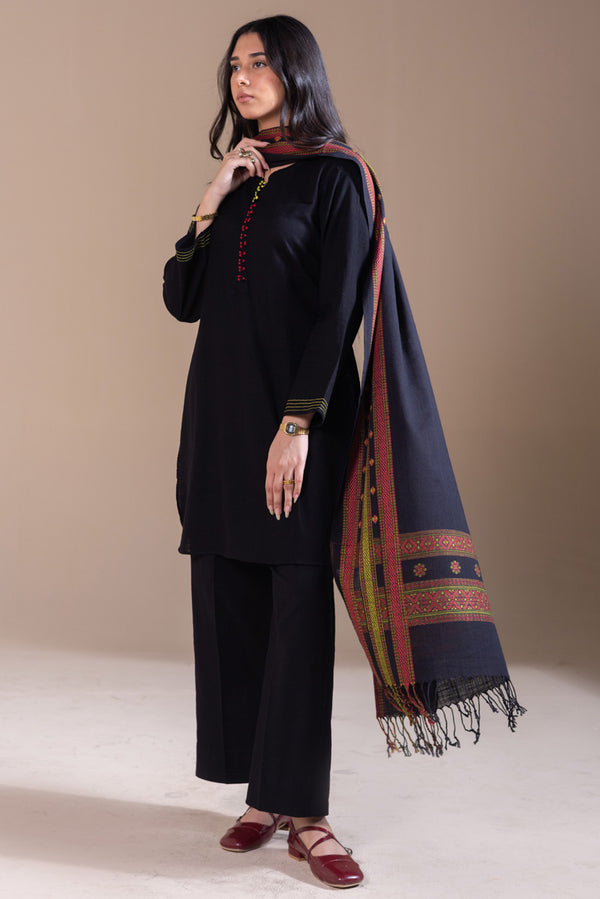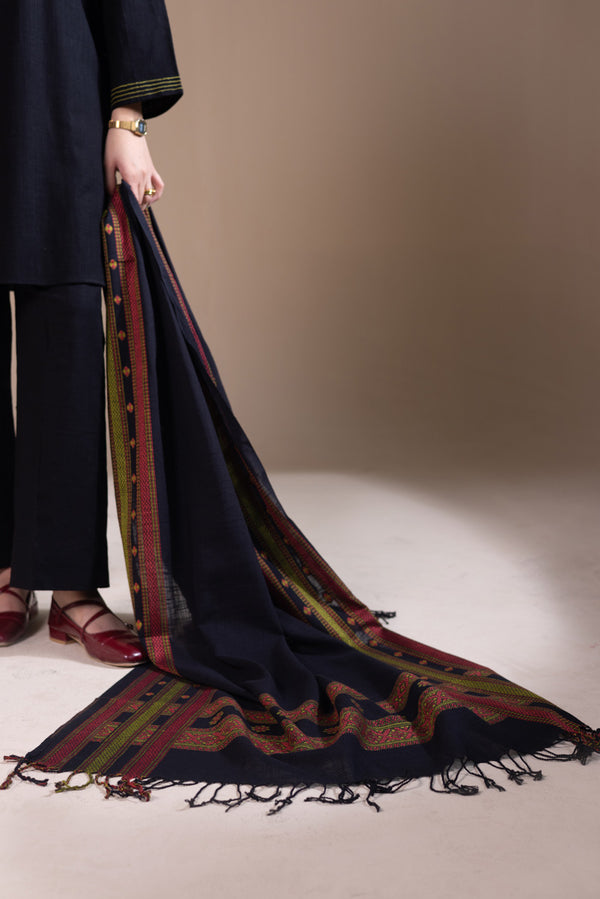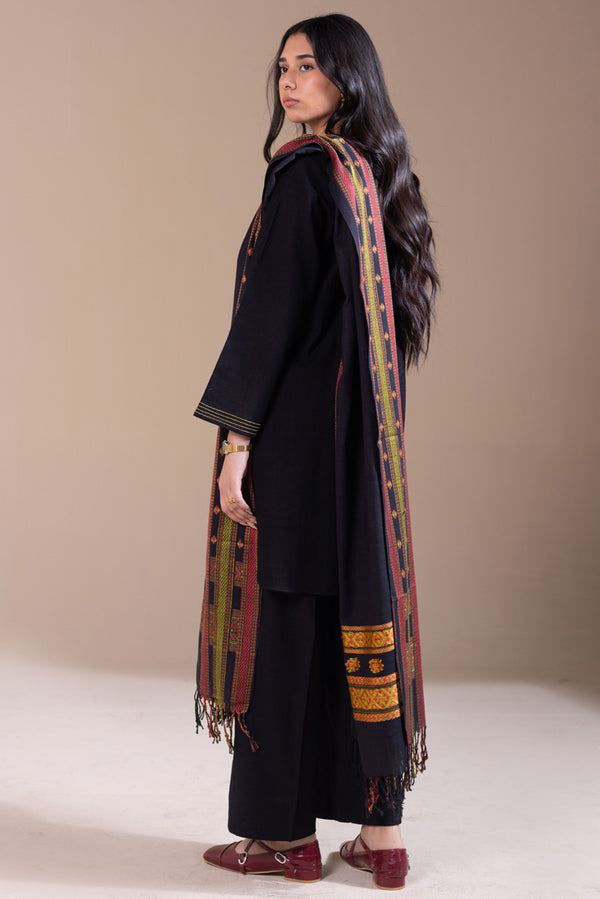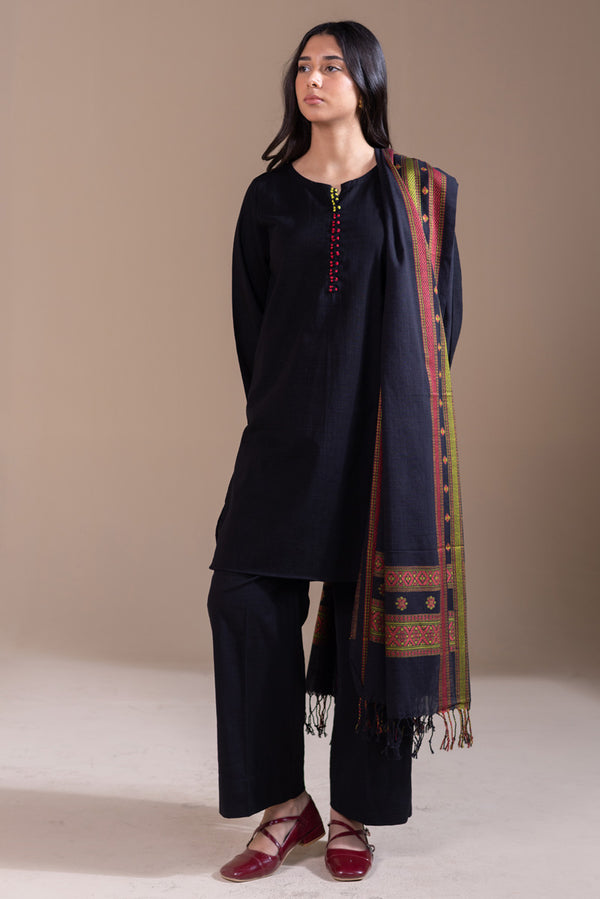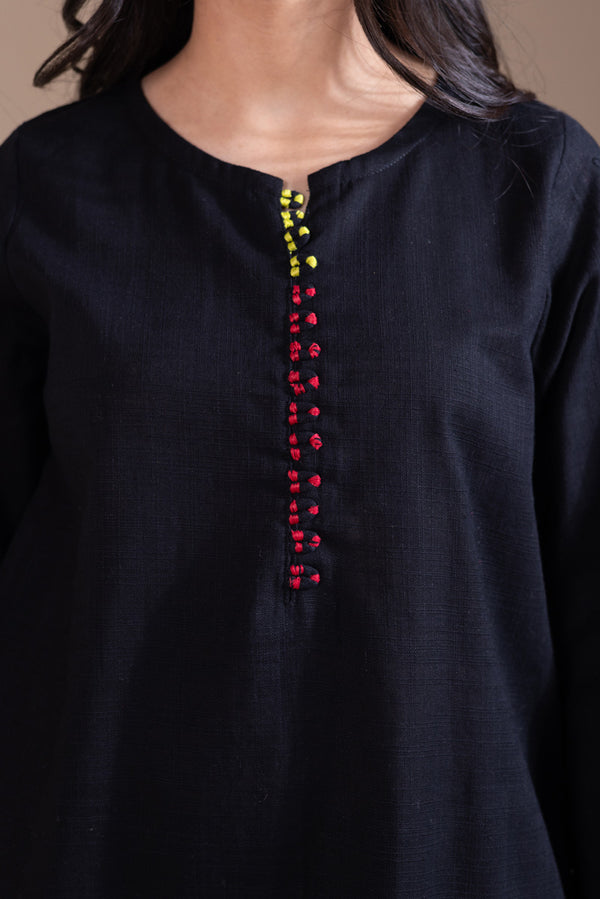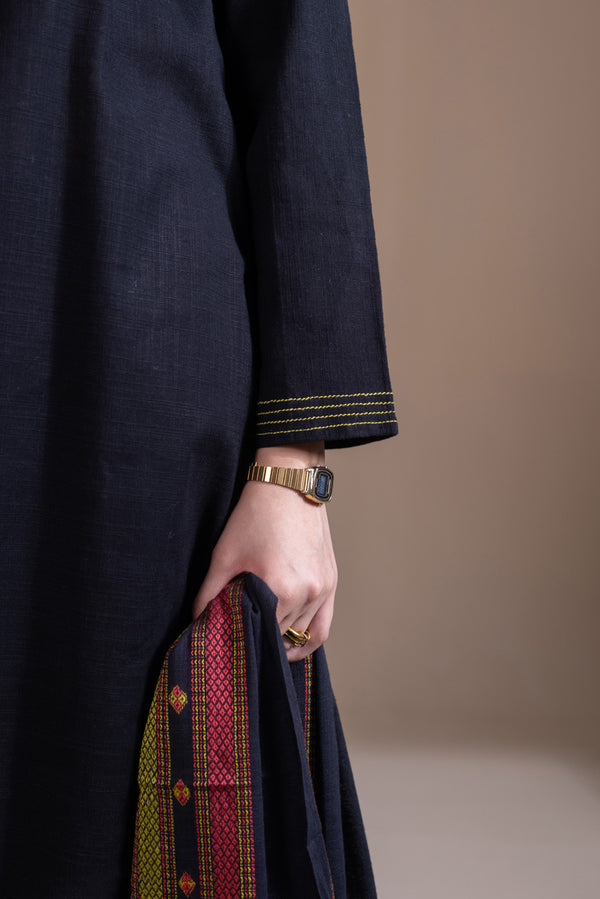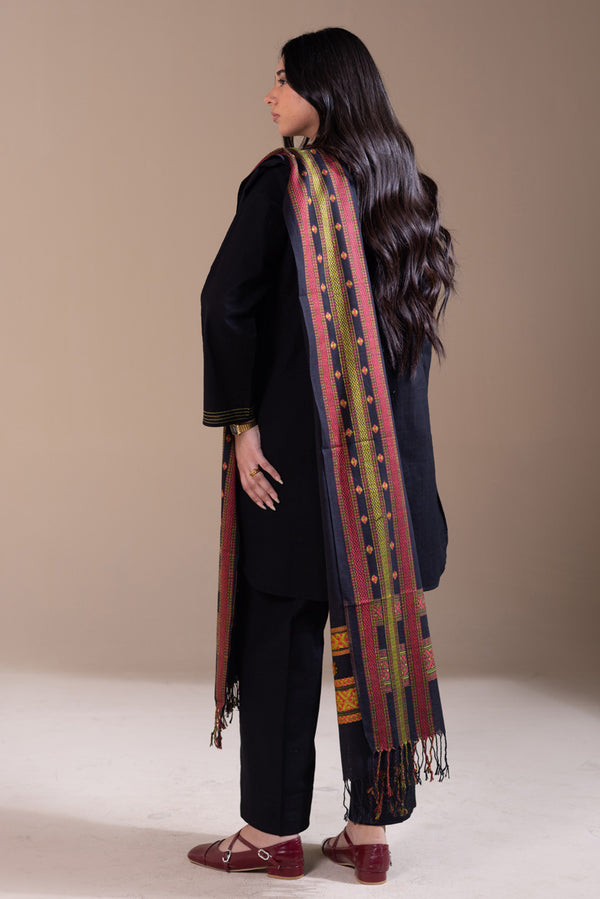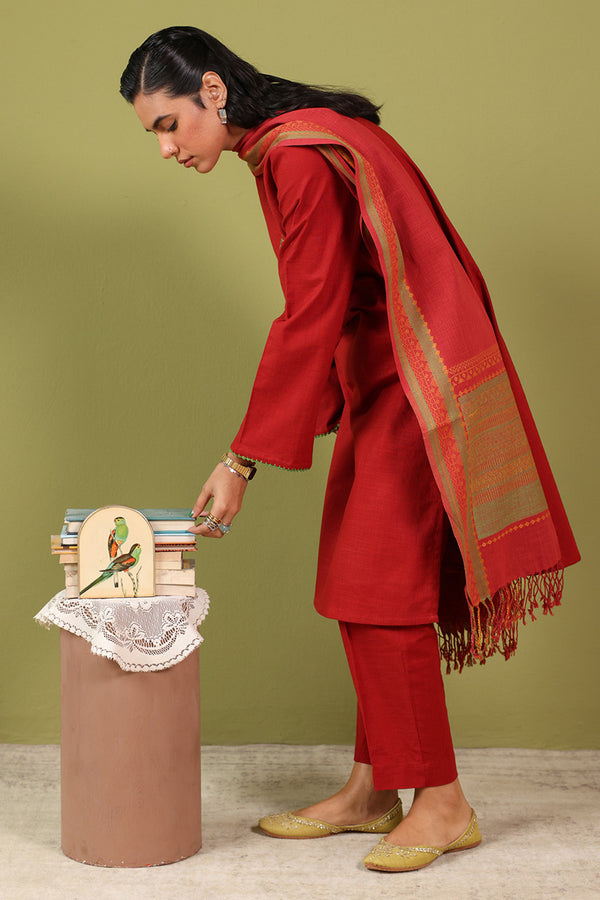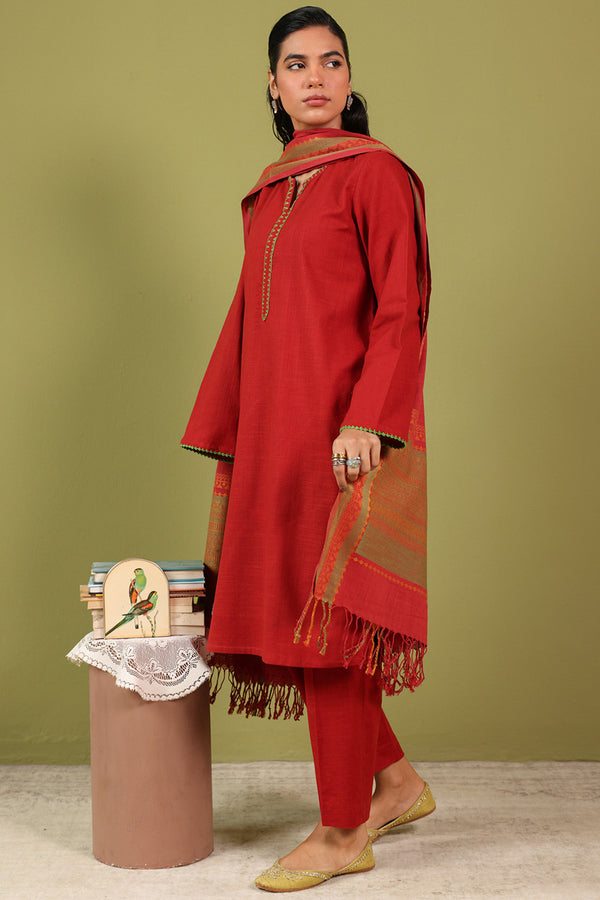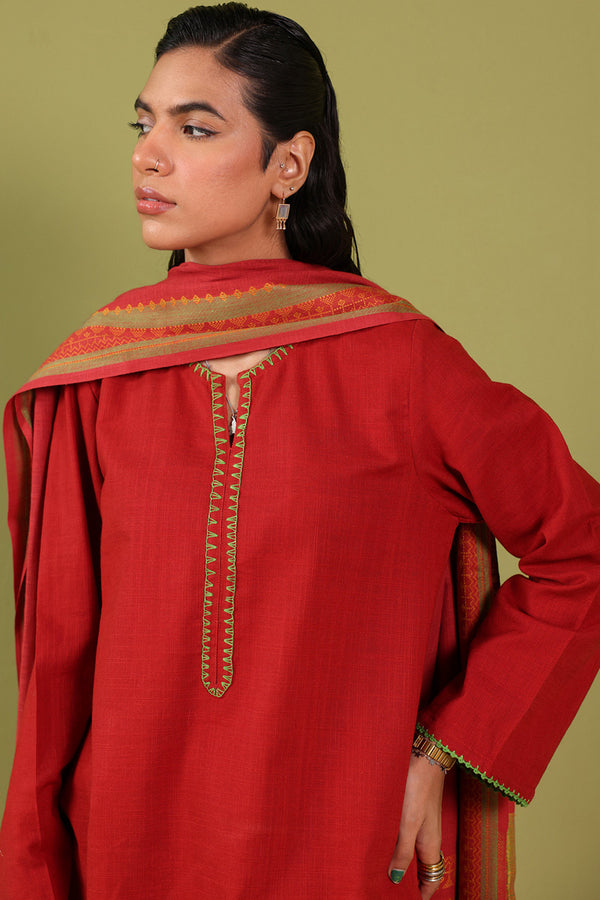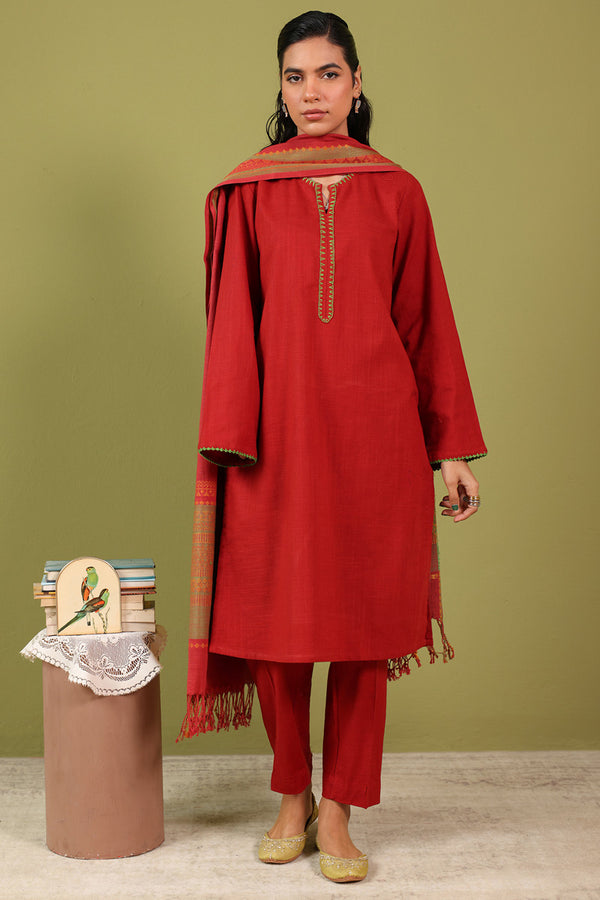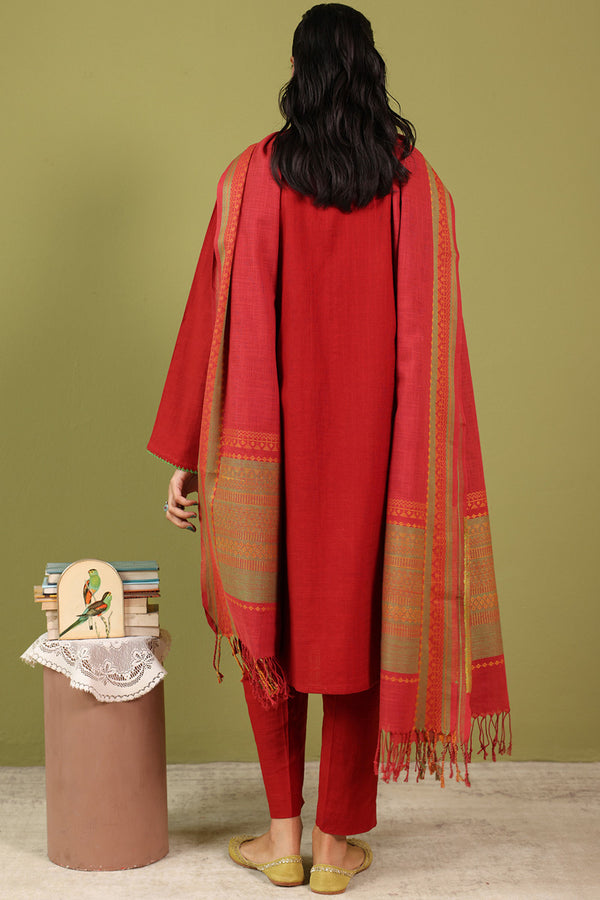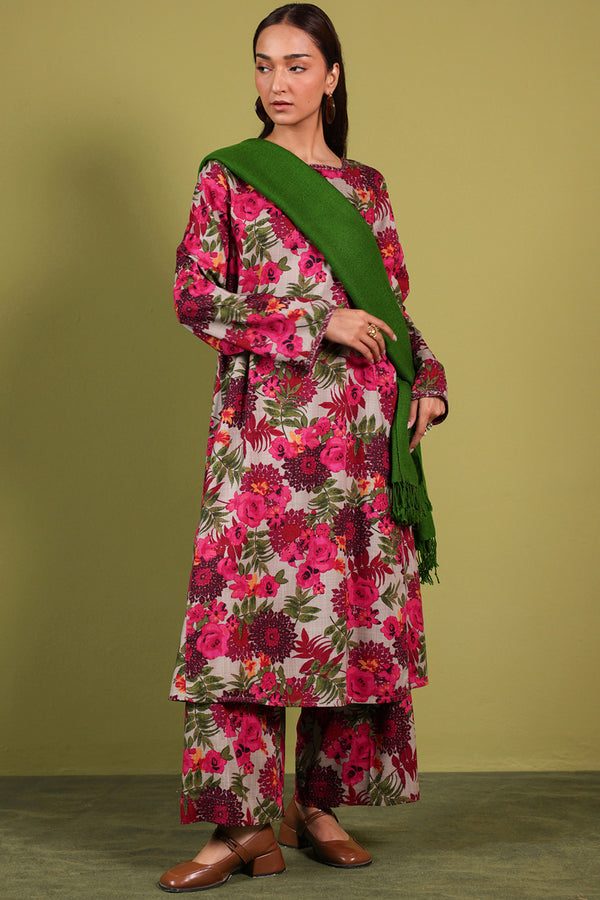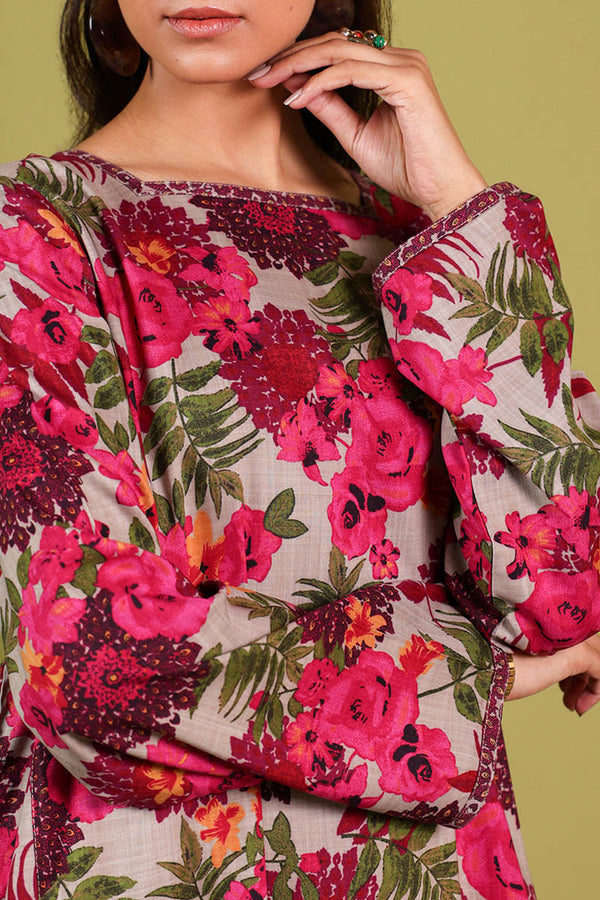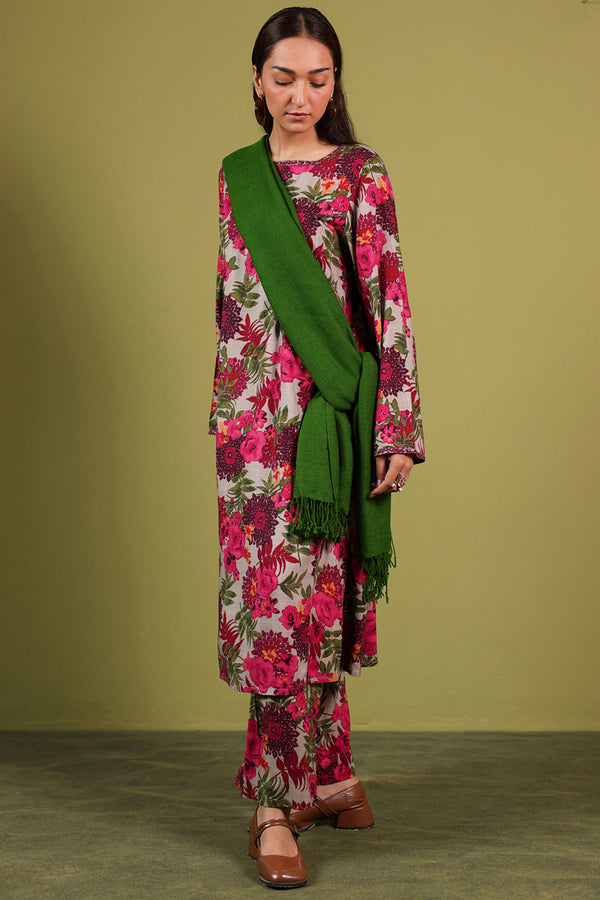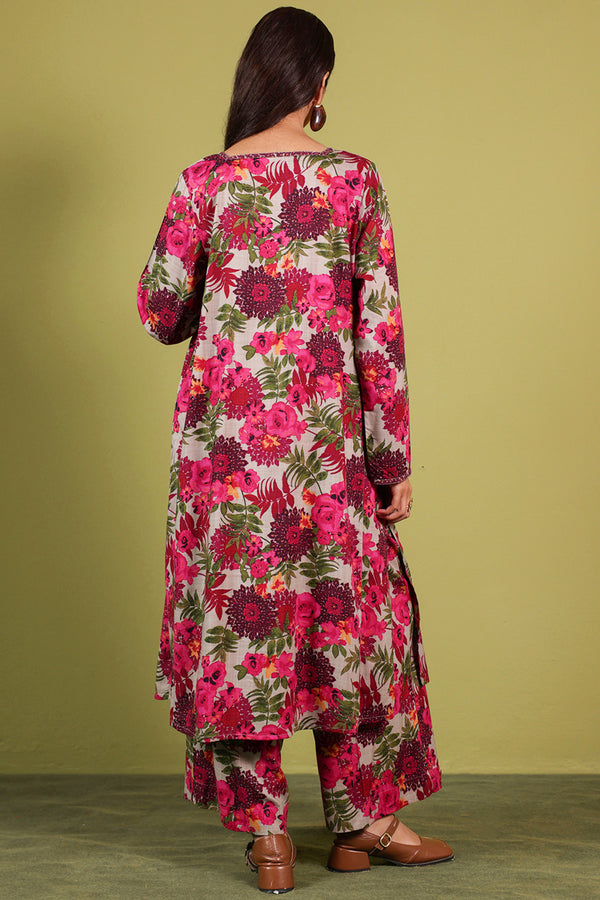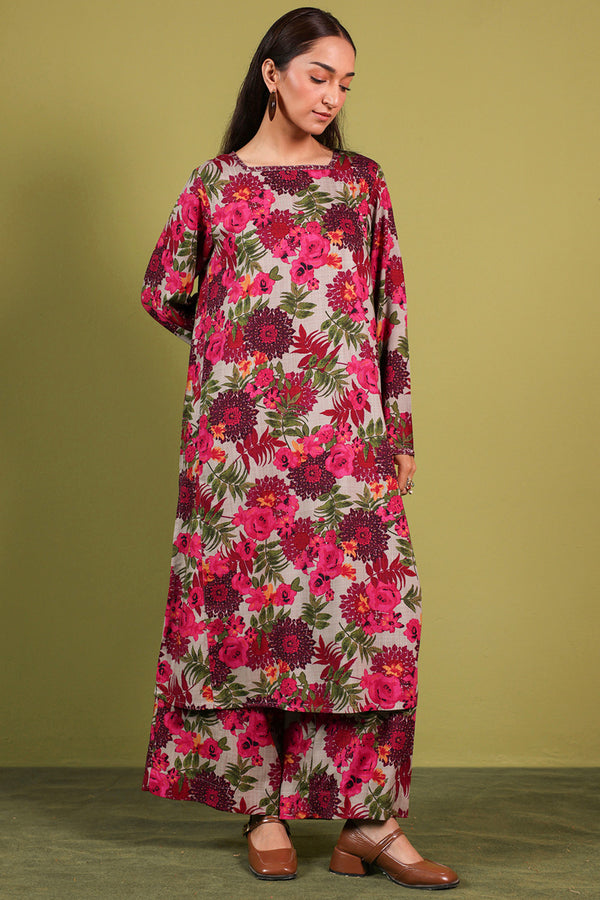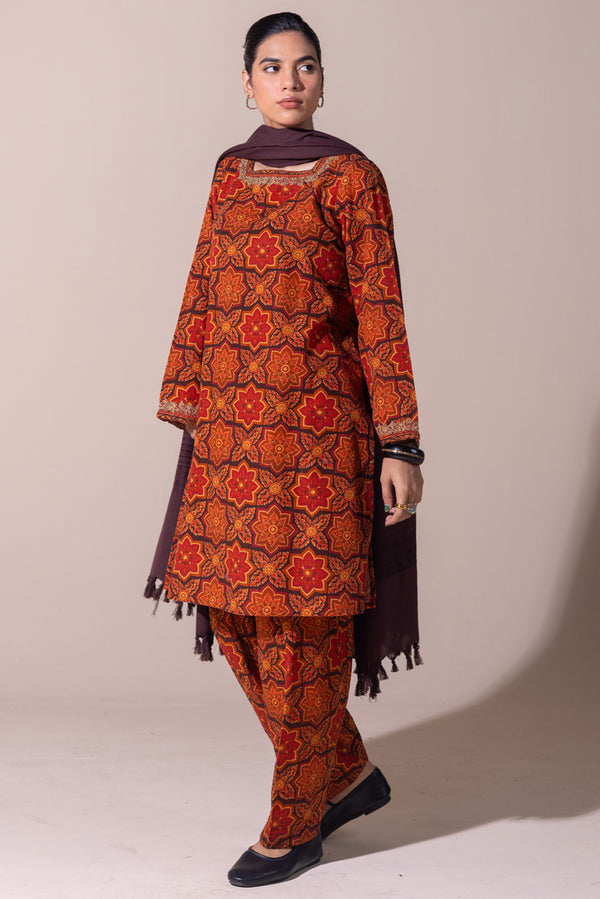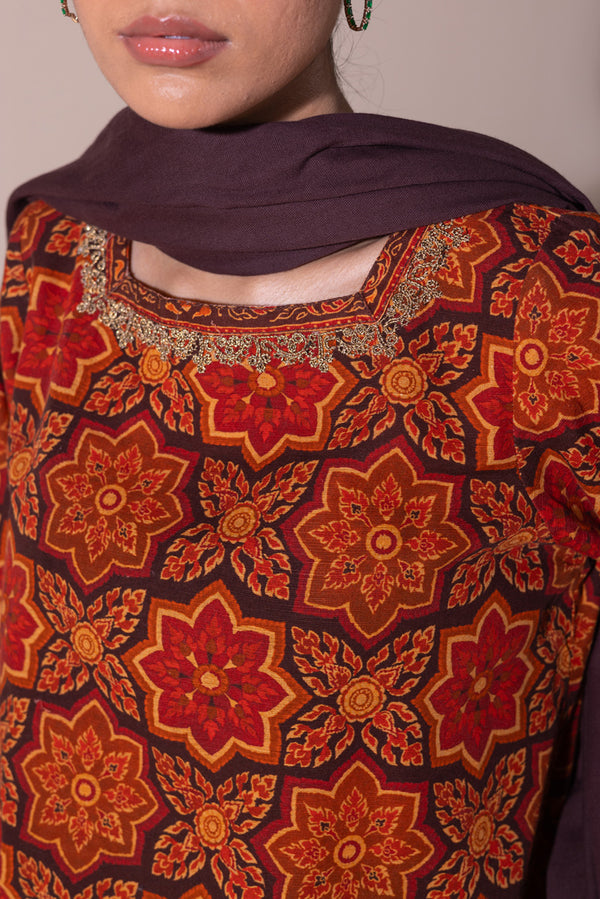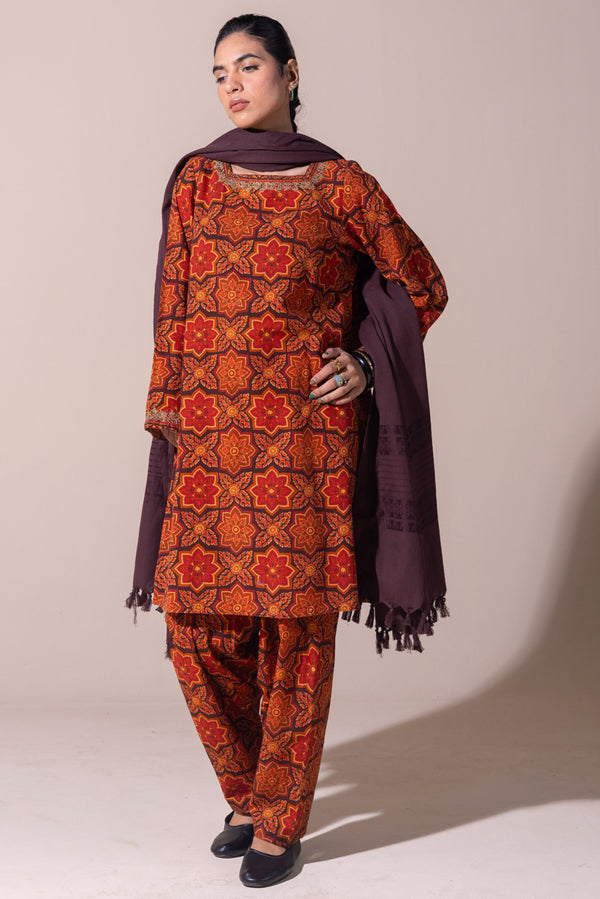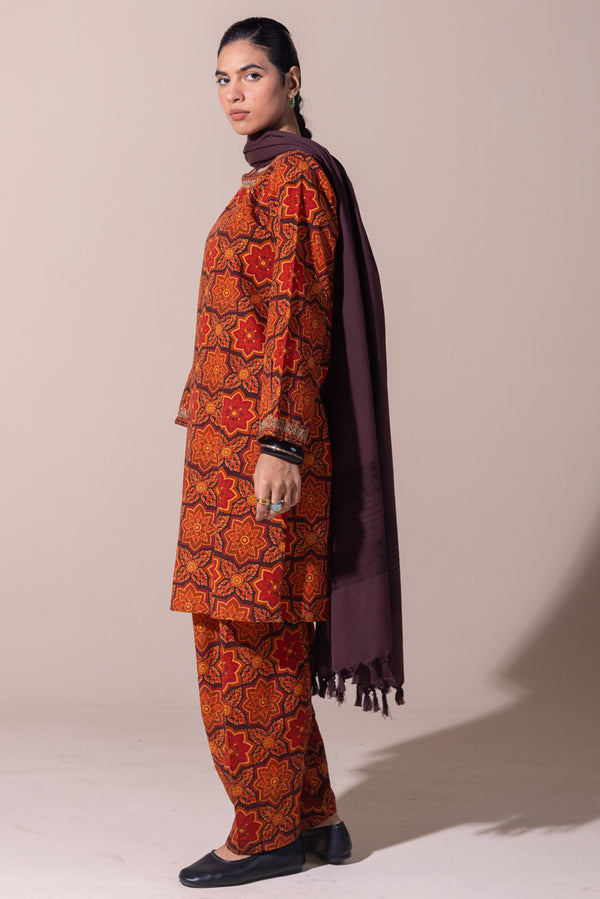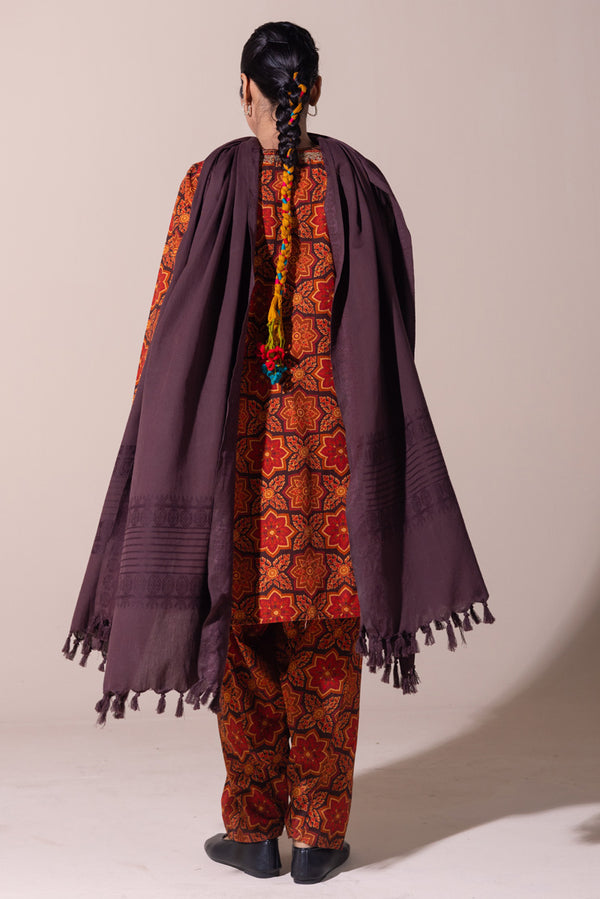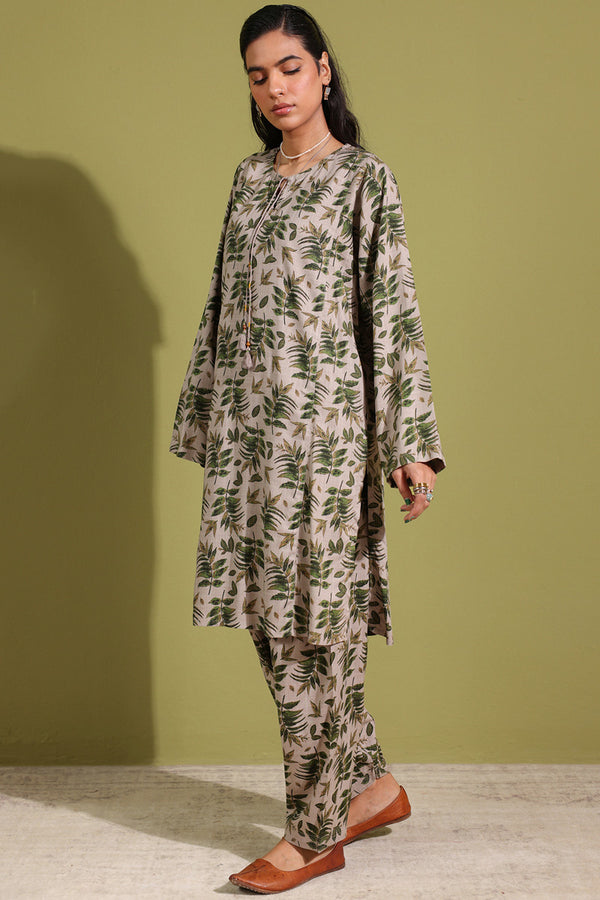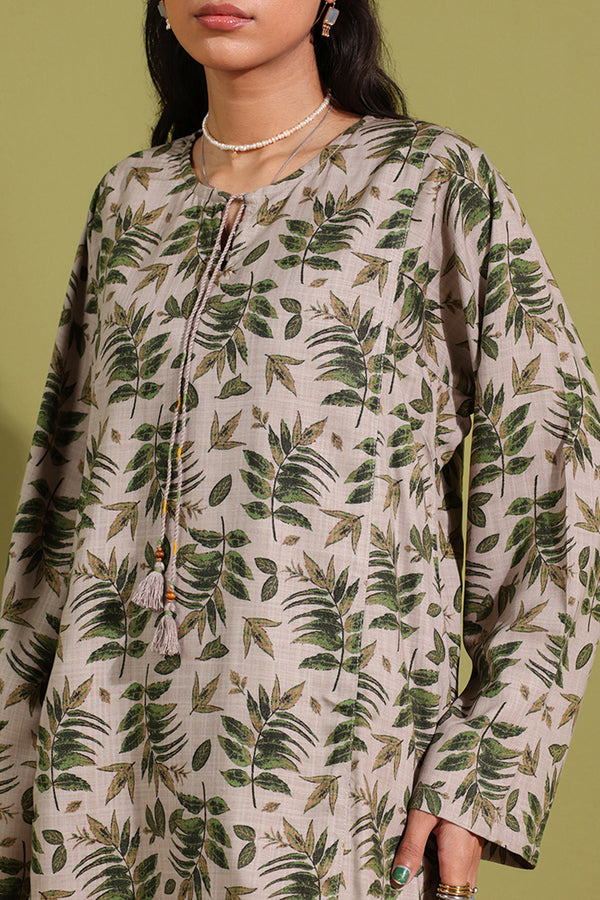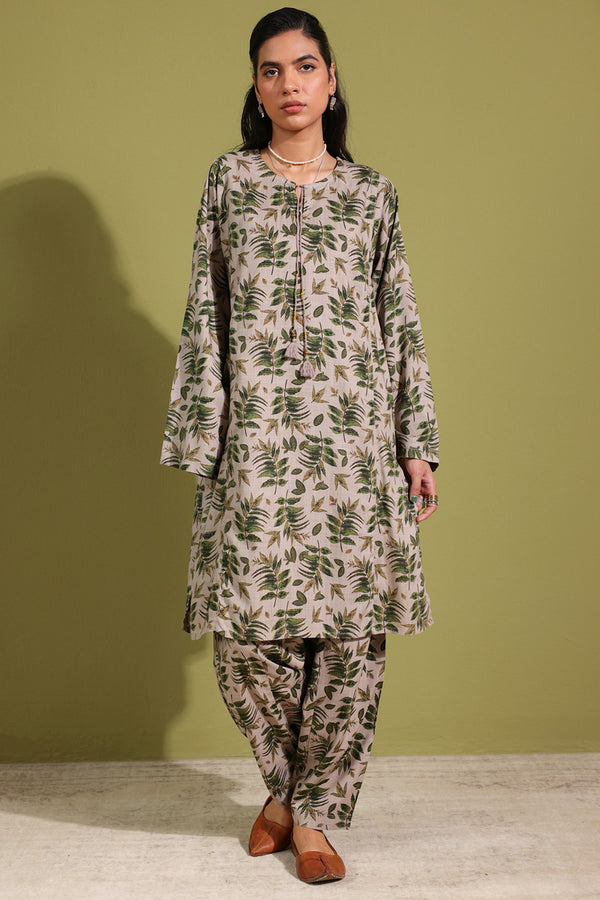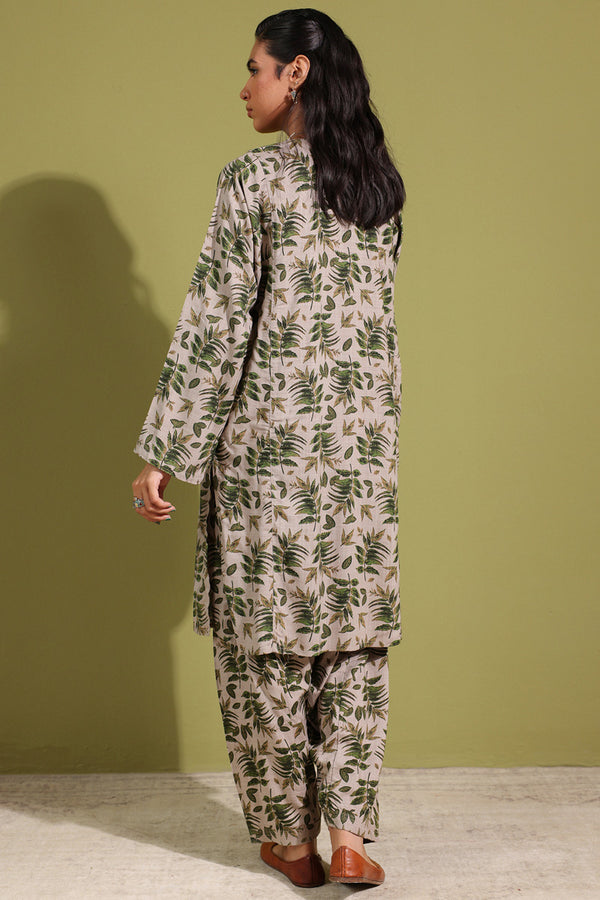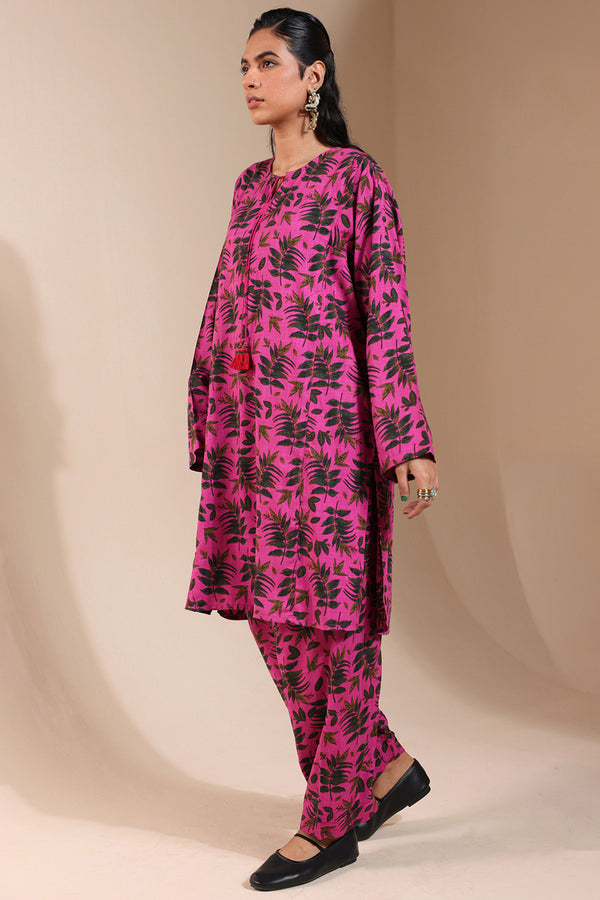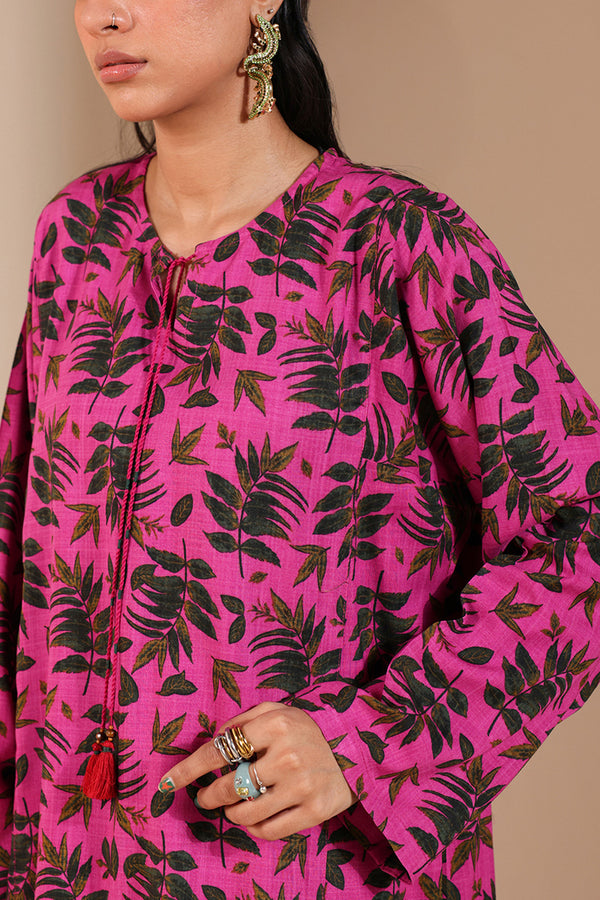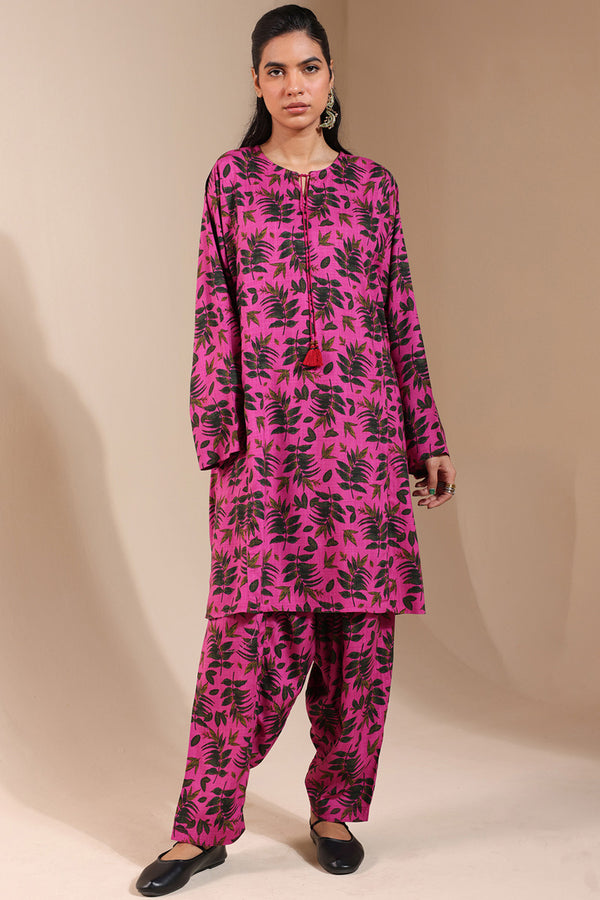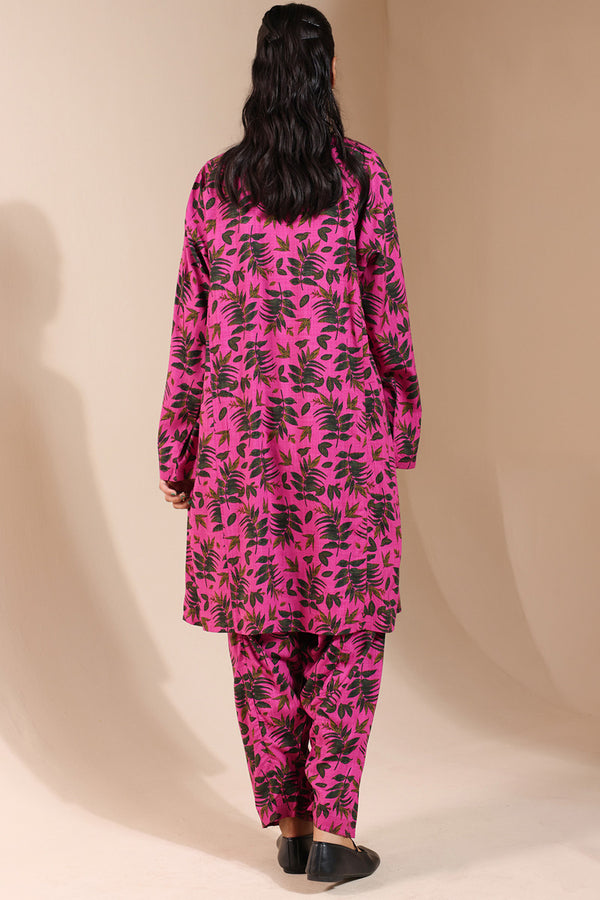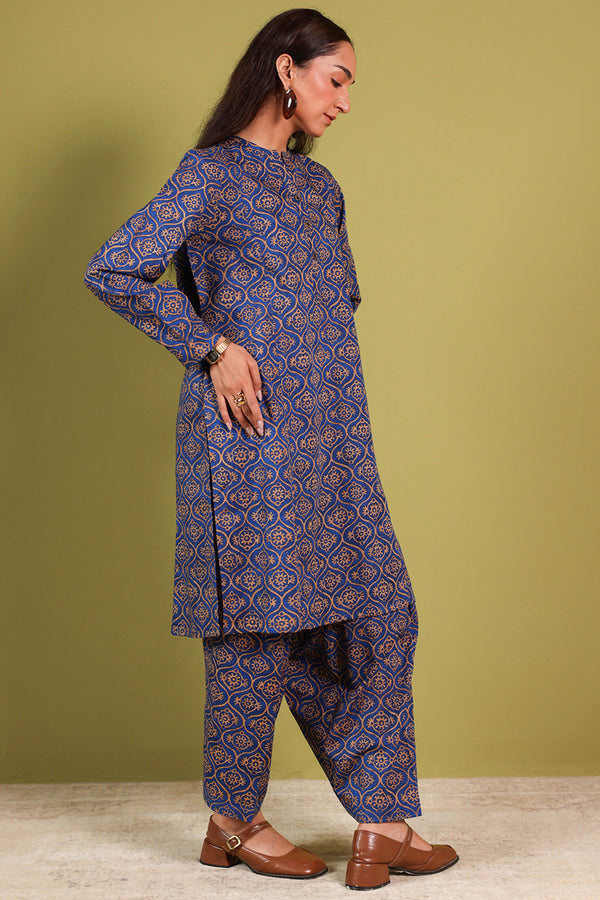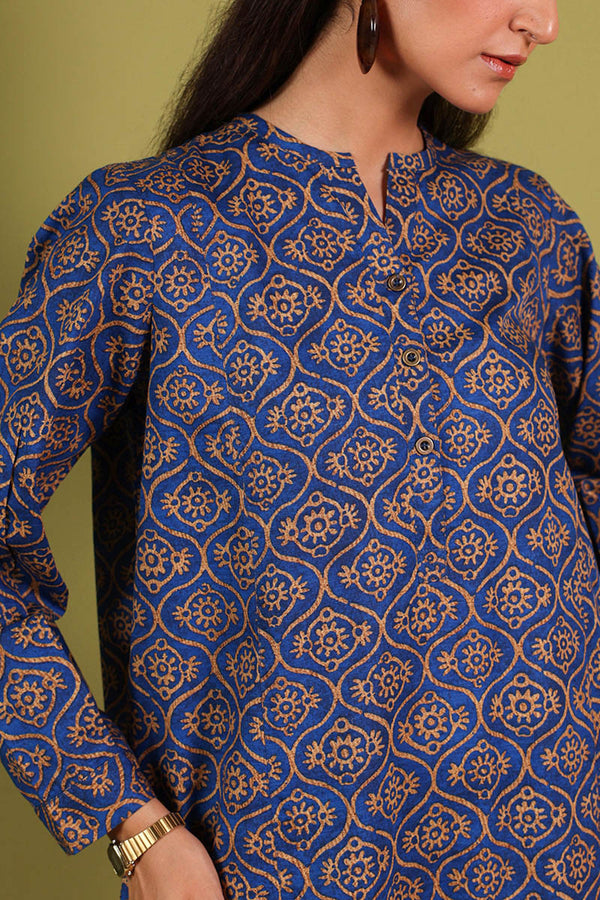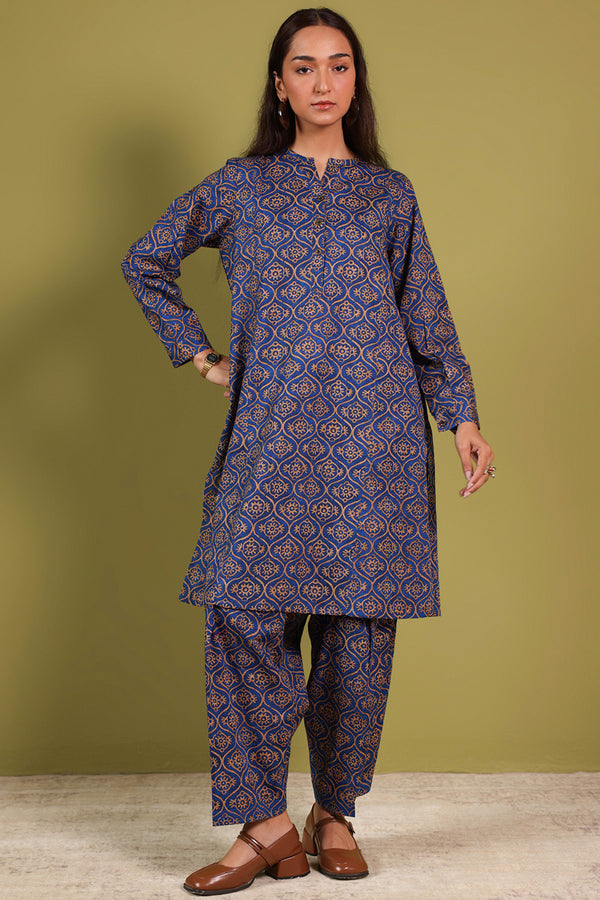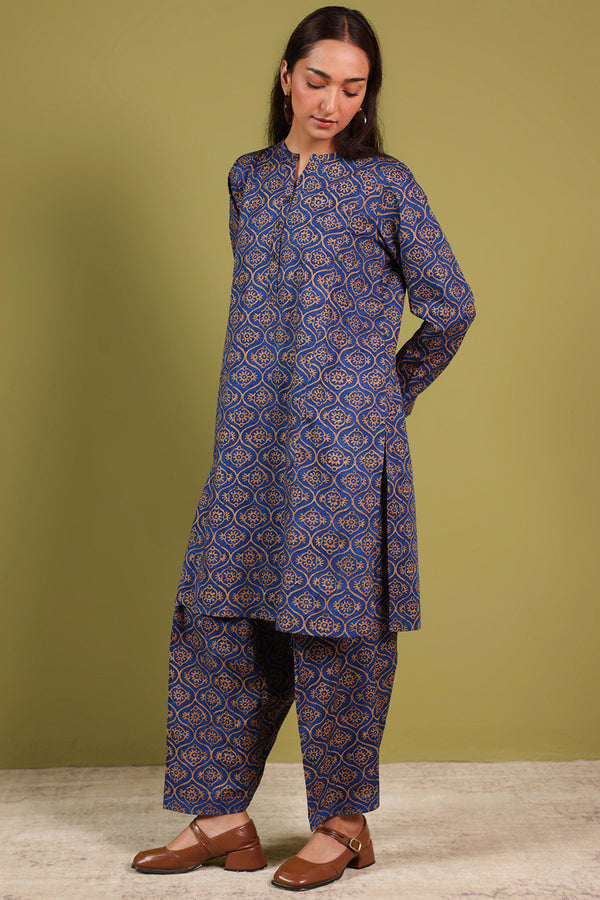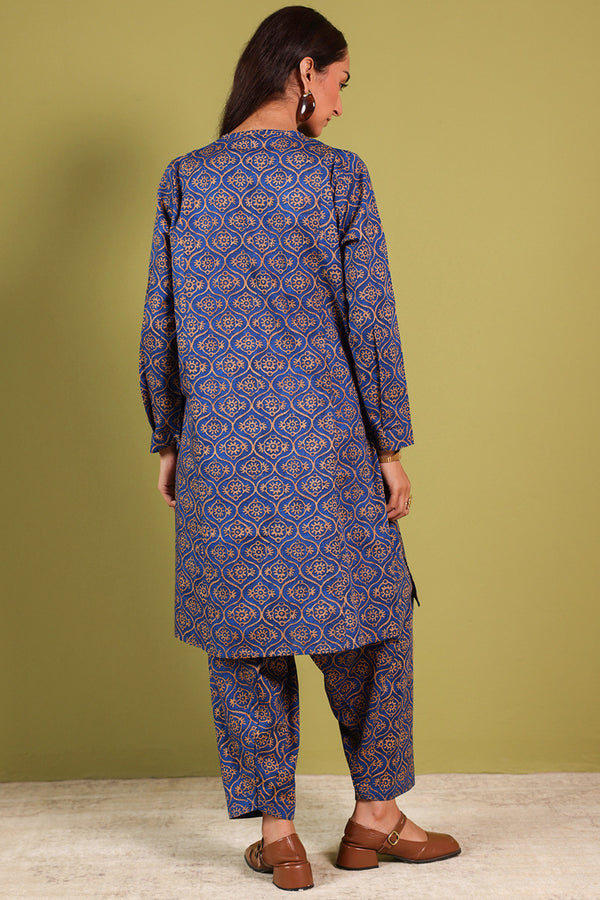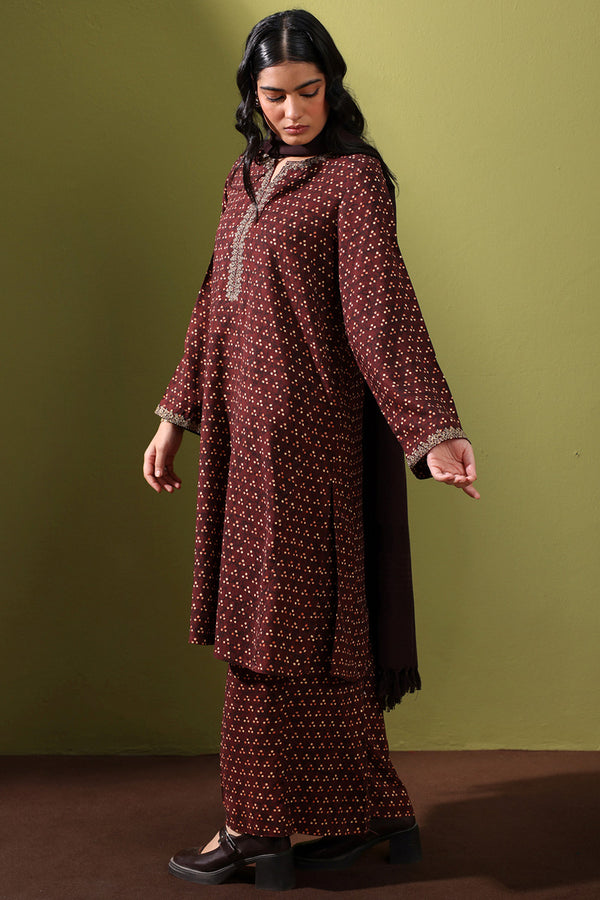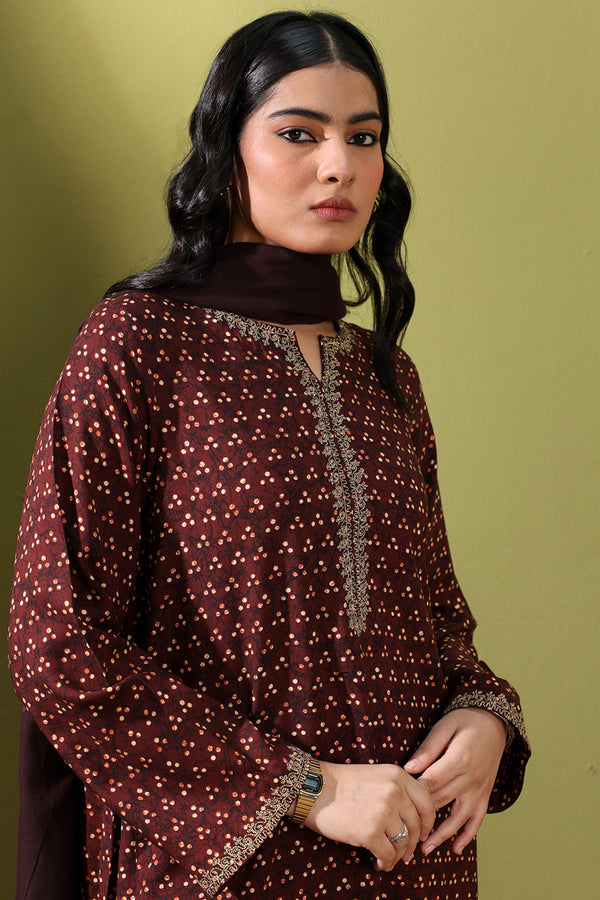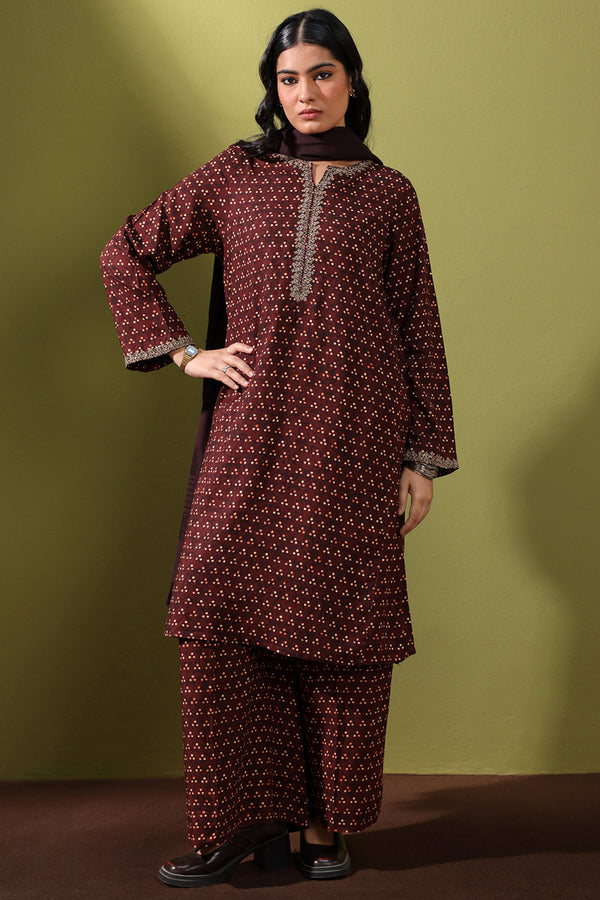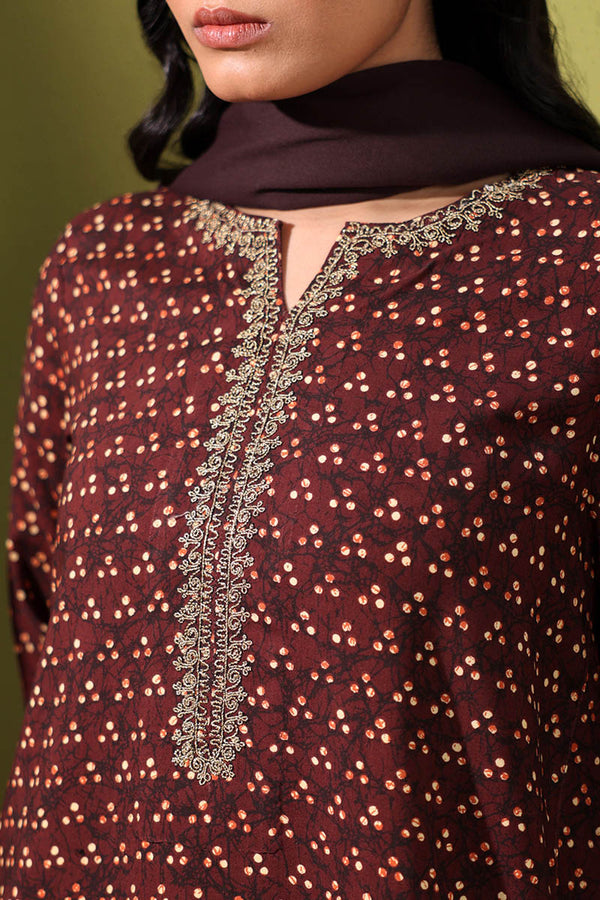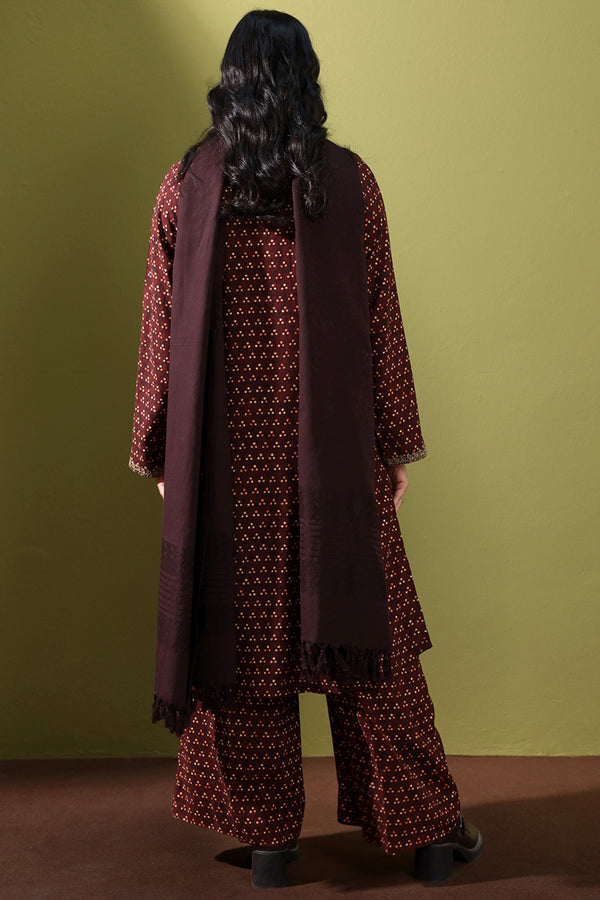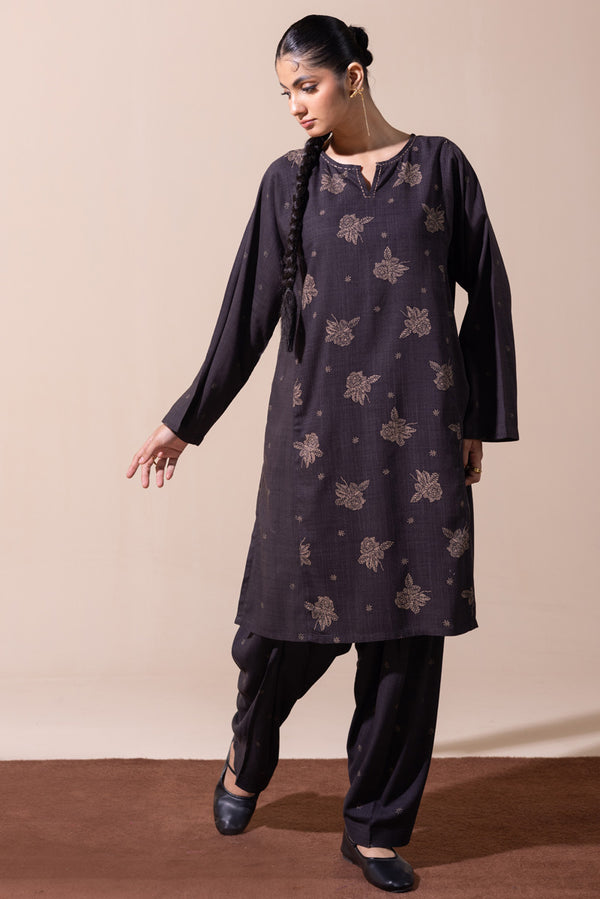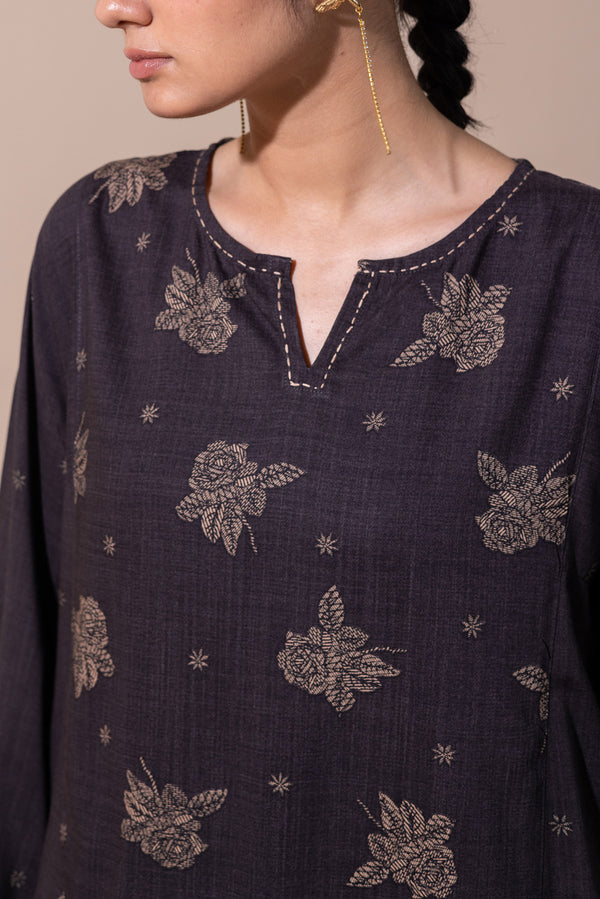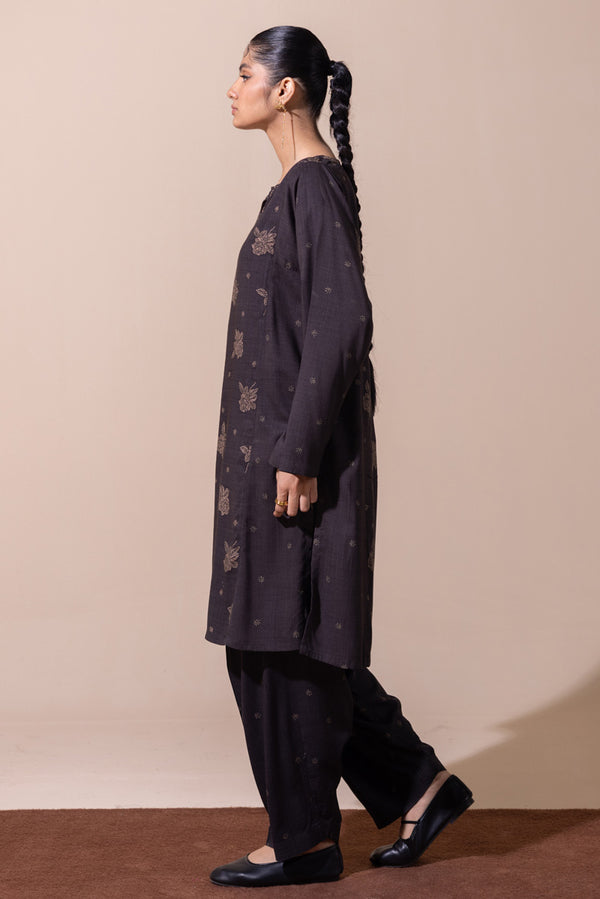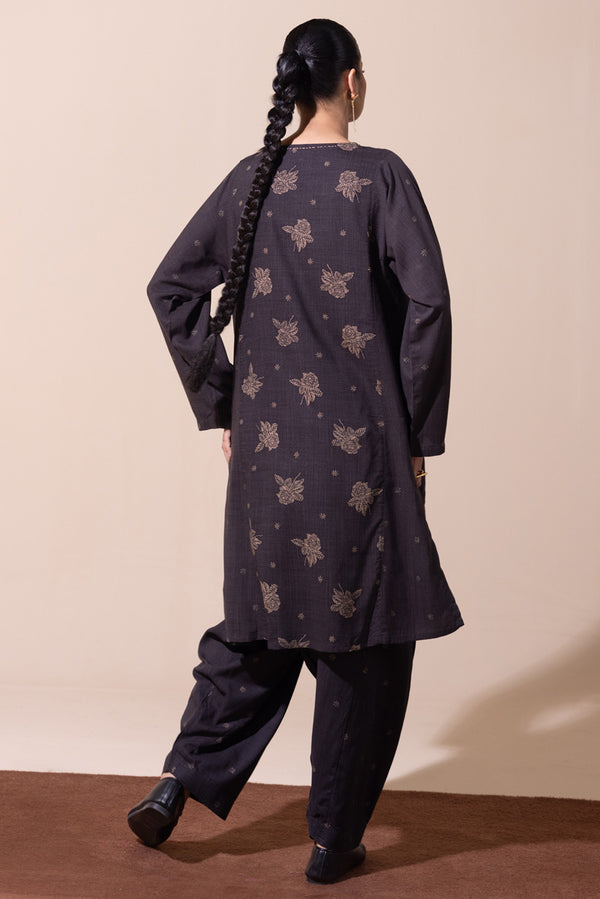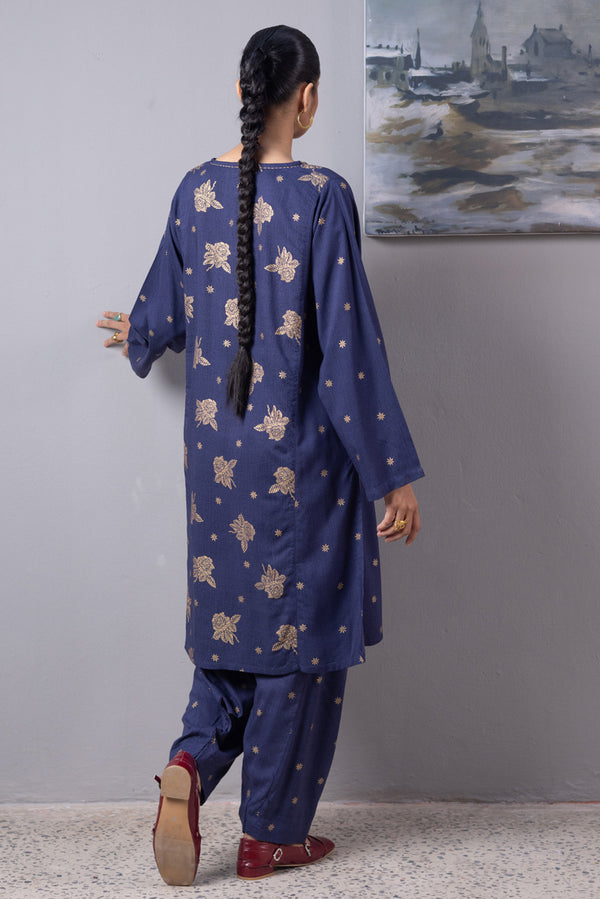Has Nighat lost the plot?
With only a few days since the release of Generation’s Eid campaign for 2019, we have already garnered accolades, adoration and cheers. Everyone seems to be loving the element of ‘Nani ka pyar’ a loving gesture, and a reminder of simpler times.
However the distinctly desi outlook of our protagonists seems to have caused a considerable discourse amongst our following as well.
For us, Nani Nighat represents a forgotten identity. We, at Generation often find ourselves wondering when did we begin to recluse ourselves from all indicators of our ethnic origin.

When did mehendi start to ‘smell bad’ and parandas become ‘tacky’? When did Paindoo become a slur? Our mothers and grandmothers have been a testament to these very style elements, so why have we, as a generation discarded them completely?
Nazish, Naheed and Neelum are larger than life manifestations of the ‘No Nonsense Nighat’ aesthetic, a fantastical, loud, unabashed and unapologetic testament to desi style. They are not meant to blend in; they are meant to command attention, make one uncomfortable and spark conversation.



If the likes of Cara Delevigne can be shot shopping at a grocery store in an evening gown and be hailed as beautiful, then why does Neelum’s depiction in fully decked out desi garb at the bus station irk us so much?


Years of self-deprecation and looking up to western or white ideals of beauty and style has come to the point where it’s becoming a threat to our cultural existence. We have conditioned ourselves to associate desi elements such as braided hair, chunky ethnic nose pins, even our sun-kissed skin tone, inferior to blow-dries, crystals and pristine fair skin.
This larger than life depiction of Nighat-ness is not meant to warrant inclusion or even your acceptance, it is a protest for space and visibility; it is a show of power in ethnic elements.
I am here, I am desi, I am paindoo and that, my dear is frankly what makes me so much cooler than you. It makes me unique, one of a kind and so much more special.
When will our movies stop presenting the desi ‘simple girl’ look being in need of a makeover depicting how only once she is westernized with straightened hair and high heels does she become beautiful.
How have we not found that problematic?Parcel Kahani is the re-imagination of a world where such social contexts do not exist, where before braiding that paranda into our hair we are not clouded with doubt and insecurity about it looking paindoo and old-fashioned.
We are not about adapting the style of a bygone era, but reinventing and updating it for the modern Generation woman of the 21st century.
 +92-42-32500964
+92-42-32500964 customerservice@generation.com.pk
customerservice@generation.com.pk






































































































